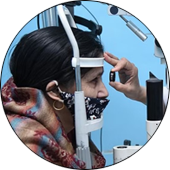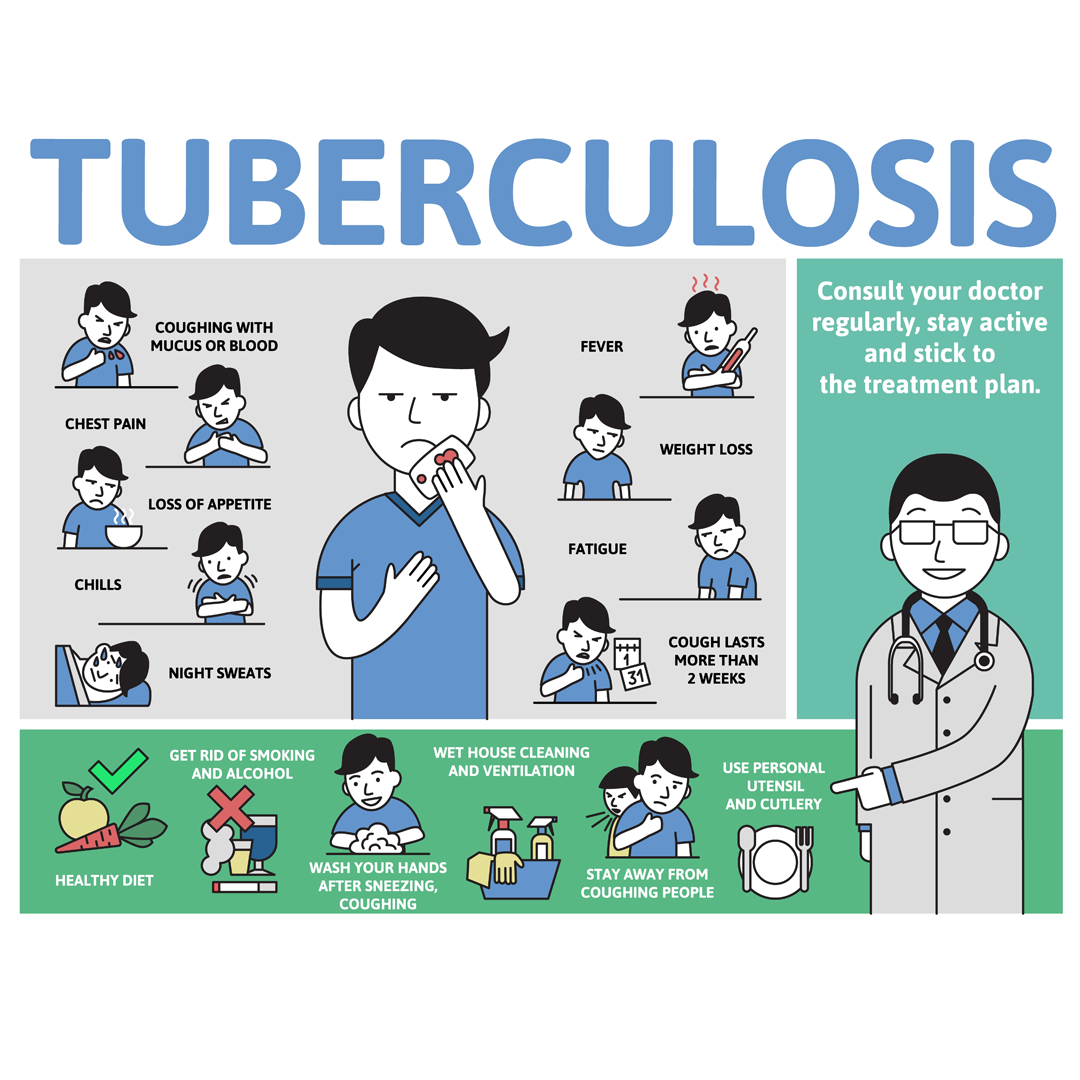- Email: Sushil_60@yahoo.com
- 4/15, sector -5, rajendra nagar
- Call: +91 98100 32030
About Us

20
Years of Experience in This Field
The Great Place Of New Vision Eye and Medical Care. Best Eye Care Clinic in Ghaziabad.
"The Great Place Of New Vision Eye and Medical Care" is the premier Eye Care Clinic in Ghaziabad, dedicated to providing top-notch medical and eye care services to the community. Our mission is to offer comprehensive, compassionate, and state-of-the-art eye care to improve the vision and overall well-being of our patients.
Our Mission
- High-quality work
- Innovation and Research
- Rapid response times
Our Vision
- Best Price
- Best Treatment
- Emergency solutions
What is The Main Cause of The Thyroid?
The thyroid is a small, butterfly-shaped gland located in the neck, and it plays a crucial role in regulating various bodily functions, including metabolism, energy production, and the functioning of many organs. Thyroid disorders can occur due to a variety of causes, but the two primary categories are:
1.Autoimmune Disorders: Autoimmune diseases occur when the body's immune system mistakenly attacks its own tissues and organs. In the case of thyroid disorders, two common autoimmune conditions stand out:
a. Hashimoto's Thyroiditis: This is the most common autoimmune thyroid disorder and primarily affects women. In Hashimoto's thyroiditis, the immune system targets the thyroid gland, leading to chronic inflammation and damage. Over time, this can result in an underactive thyroid, or hypothyroidism.
b. Graves' Disease: Graves' disease is another autoimmune condition where the immune system produces antibodies that stimulate the thyroid to produce excessive amounts of thyroid hormones. This leads to hyperthyroidism, an overactive thyroid.
Iodine Deficiency:Iodine is an essential element required for the production of thyroid hormones, namely thyroxine (T4) and

triiodothyronine (T3).Without sufficient iodine in the diet, the thyroid cannot produce an adequate amount of these hormones, leading to various thyroid disorders. While iodine deficiency is relatively rare in regions with access to iodized salt and a balanced diet, it can still be a cause of thyroid problems in some parts of the world.
Environmental Factors: Exposure to certain environmental factors, such as radiation, can damage the thyroid gland. This can result from medical treatments like radiation therapy for cancer or exposure to radioactive materials. The Chernobyl nuclear disaster is a well-known example of how radiation exposure can lead to widespread thyroid problems in a population.
Thyroid Nodules: Thyroid nodules are lumps or growths that can develop within the thyroid gland. While many nodules are benign, some can be cancerous. Nodules can lead to various thyroid disorders, depending on their nature and impact on hormone production.
Medications and Medical Treatments: Certain medications, such as lithium and amiodarone, can interfere with thyroid function. Additionally, medical treatments like thyroid surgery or radiation therapy to treat hyperthyroidism can disrupt the thyroid's normal activity.
Genetic Factors: Genetics also play a role in thyroid disorders. Some individuals may have a genetic predisposition to thyroid conditions, making them more susceptible.
Other Health Conditions: Various health conditions can indirectly affect the thyroid. For example, stress, pregnancy, and certain diseases like diabetes can influence thyroid function.
It's important to note that the specific cause of a thyroid disorder can vary from person to person. Proper diagnosis and treatment typically involve a combination of medical history, physical examination, blood tests to measure thyroid hormone levels, and sometimes imaging studies like ultrasound or a radioactive iodine scan to assess the thyroid's structure and function.
Treatment for thyroid disorders depends on the underlying cause and can include medications to regulate hormone levels, radioactive iodine therapy, surgical removal of the thyroid gland, or dietary changes (e.g., iodine supplementation in cases of deficiency). Additionally, autoimmune thyroid disorders may require ongoing management to control symptoms and prevent complications.
A Global Leader, Treatment
of eye Disease

Heart Disease
Heart disease, also known as cardiovascular disease, refers to a group of conditions that affect the heart and blood vessels. It can encompass various disorders such as coronary artery disease, heart failure, arrhythmias, and valvular diseases.

Pediatric Ophthalmology
Pediatric ophthalmology is a medical specialty focused on the diagnosis and treatment of eye and vision problems in children, from infancy to adolescence.

Lenses Transitions
Transition lenses are a type of eyeglass lens that automatically adjusts their tint in response to changing light conditions. They darken when exposed to UV light and become clear indoors.
How it Helps You to
Keep Healthy

Get Appointment
+91 98100 32030

Start Check-Up
Begin Your Journey to Better Health Today: Start Your Check-Up!

Enjoy Healthy Life
Embrace Wellness: Enjoy a Healthier Life!
Is thyroid a serious problem?
Thyroid disorders can range from relatively mild to severe, so whether a thyroid problem is
considered serious depends on the specific condition, its cause, and how it is managed.
Here's an overview of various thyroid disorders and their seriousness:
Hypothyroidism (Underactive Thyroid):
Hypothyroidism occurs when the thyroid gland doesn't produce enough thyroid hormones. While
it is a common condition, it can have serious consequences if left untreated. It can lead to
a range of symptoms, including fatigue, weight gain, depression, and in severe cases, it can
cause complications like heart disease, infertility, and cognitive issues.
Hyperthyroidism (Overactive Thyroid): Hyperthyroidism results from an excess of thyroid hormones. If not effectively managed, it can lead to serious complications, including heart problems, brittle bones, and, in rare cases, life-threatening conditions like thyroid storm. Treatment is essential to control hormone levels and manage symptoms.
Thyroid Nodules: Thyroid nodules are common and are often benign. However, some nodules can be cancerous. While most thyroid cancers have a good prognosis, they require prompt diagnosis and treatment to prevent their spread and ensure a positive outcome.

Autoimmune Thyroid Disorders (Hashimoto's and Graves' Disease): These conditions, while not life-threatening on their own, can lead to significant health issues if not managed appropriately. Hashimoto's can cause hypothyroidism, and Graves' disease can lead to hyperthyroidism, both of which require treatment to control symptoms and prevent complications.
Thyroid Cancer: Thyroid cancer, while generally treatable with a favorable prognosis, can be a serious condition, especially in advanced stages. Early detection and appropriate treatment are essential for a positive outcome.
Iodine Deficiency: Iodine deficiency can lead to hypothyroidism and goiter, a swelling of the thyroid gland. While not common in regions with sufficient dietary iodine, it can be a serious problem in areas with iodine deficiency.
In summary, thyroid problems can vary in seriousness, and their impact on an individual's health depends on factors such as the specific disorder, its cause, the severity of the condition, and how promptly and effectively it is diagnosed and managed. Many thyroid disorders are manageable with appropriate medical treatment, lifestyle adjustments, and regular monitoring. It is essential to consult a healthcare professional for a proper evaluation and treatment plan if you suspect you have a thyroid issue or have been diagnosed with one. Early intervention can help prevent complications and improve the quality of life for individuals with thyroid disorders.

